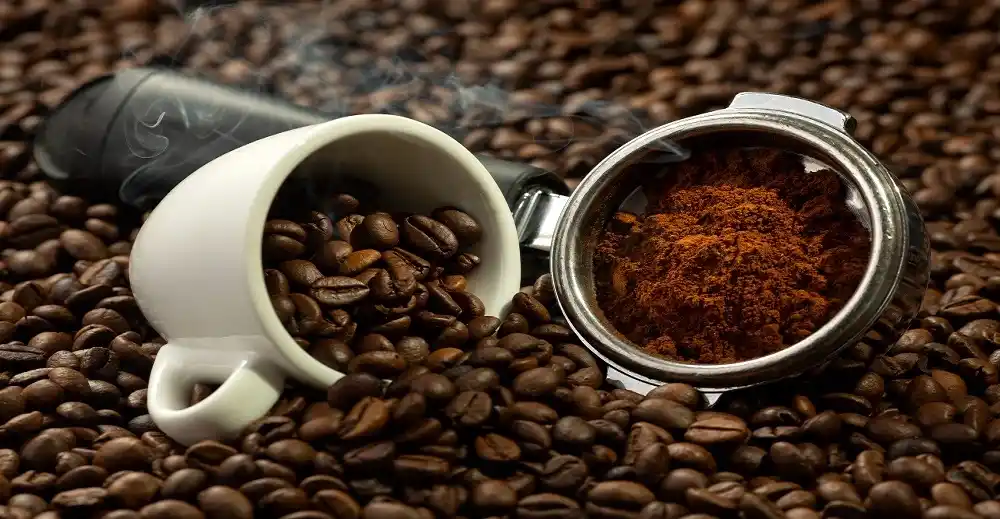The Future of Animal Nutrition: Insects

The insect animal feed market is expected to grow at a CAGR of 45.45% from an initial evaluated value of US$1,321.92 million in 2021 to reach US$18,202.35 billion in 2028.
Insects are fed to animals as food, whether as pets or cattle and are also used in aquaculture. Due to their nutritional profile, notably their high protein content, a variety of insects can be used as aquaculture feed. Pigs, chickens, and edible fish given an insect-based diet have all been studied. Insects can provide the same amount of protein and essential amino acids as soybean meal in a diet for pigs and poultry. Mealworms, common house fly larvae, and black-soldier flies are among the most frequent insects utilized in animal feed production. Manure and organic trash commonly contain common house flies and black army flies. Growing insects could enhance organic waste and manure management while also providing nutrient-rich sustenance to pets and cattle.
With increased production capacity and R&D in insect-based animal feed products, the insect animal feed industry is expected to rise.
The initial cost of generating insect-based feed components is extremely low. The market for edible insects is growing. As a result, enterprises' production capacities have increased. Investors realize the economic potential of insect-based animal feed products. Innovafeed, a French startup that produces insects to feed animals, has also become the world's best-funded insect-farming company, with a new $260 million investment announced in September 2022. Innovafeed's funds will be used to establish insect farms in the United States and Asia, with the company aiming for up to 20 sites. In the R&D sector, Fera Science opened an insect bioconversion lab on its campus in York, UK in August 2022, as part of its efforts to develop upcycled products, such as feed ingredients for the aquaculture business. The £1 million expansion involves turning an old storage unit on-site into a purpose-built insect research unit, extending Fera's presence at YBC by almost 2,000 square feet. This professional research and development (R&D) facility will help to accelerate the growth of insect bioconversion to upcycle biomass leftovers into valorized products. As a result, the insect feed business for animals is becoming profitable.
Aquaculture is expected to account for a sizable percentage of the market for insect animal feed.
The market for edible insects is dynamic and driven by a variety of factors. Aquafeed is a viable, protein-rich alternative offered by insect feed. The results of substituting fishmeal in the diets of aquaculture species have been favourable. For instance, Taiyo Feed Mill Pvt Ltd, a pioneer in the manufacture and export of fish feed in India, introduced "BUGS IN," a line of insect-based feeds for fish and turtles in February 2022. This same idea of a sustainable and healthy fish diet with premium nutrients obtained from black soldier fly larvae is the basis of BUGS-IN fish food (BSFL). It accommodates fish's regular eating routines as though they were in their native environment. Bioactive peptides with anti-inflammatory, hypoallergenic, and antibacterial activities are also present in the larvae. Companies that produce insect proteins are likewise making amazing strides and profiting from their potential for sustainability and waste conversion. For instance, In March 2022, the Singapore-based alternative protein company INSEACT held a ceremony to formally open the doors to its facility in Singapore. Investors and business partners also attended. Insect protein production for aquaculture is a speciality of INSEACT, which began with shrimp farming. It feeds the insects by using waste from palm oil production as a basic material. By diverting waste streams from the manufacturing of palm oil away from carbon-emitting landfills to be bio-converted by insects, its cutting-edge method enables a truly circular economy.
In the market for insect animal feed, mealworms are the most prevalent type of insect feed.
The main factors driving mealworm demand are their high nutritional content and low risk of zoonotic illnesses. They provide an alternative to conventional sources of animal protein that is more environmentally friendly. Additionally, the excrement that animals produce after consuming mealworms can be used as a wonderful organic fertilizer. The mealworms category is therefore expected to account for a sizable share of this market. For instance, in March 2022, Nebraska-based Jord Producers was added to Ÿnsect's production portfolio, marking the arrival of the world leader in the North American mealworm industry. During the pandemic, Americans spent more time at home, which significantly increased the backyard chicken industry. The purchase of Jord Manufacturers, one of the largest mealworm producers in the US, signifies Ÿnsect's entry into the backyard chicken feed industry.
Asia Pacific is anticipated to experience rapid growth during the projected period.
Due to the increased demand for goods derived from insects for animal feed and cattle husbandry, the market in the Asia Pacific is expected to grow quickly. End-use sectors like pet food and feed, livestock, and aquaculture are growing in the Asia Pacific area, which benefits the market for insect animal feed. For example, Protenga, a pioneer in the transition to a sustainable, circular, and regenerative food system, closed a US$2 million venture debt facility in March 2022 with a syndicate of Singapore-based investors to develop its next-generation production facilities and launch YumGrubs, its Pet Food brand. In Malaysia, Protenga will introduce its next generation of Smart Insect Farms, which will convert organic by-products into high-value protein and organic fertilizer. The expansion is intended to address South East Asia's rapidly expanding demand for insect-based components for the pet food, aquaculture, and animal feed markets. The company is carrying out its ambitions to make insect farming accessible and profitable as a foundation for replication and regional expansion to become South East Asia's largest insect company. In addition, India accounts for a sizeable percentage of the market for insects used as animal feed. Black soldier flies are the insect species whose market for edible insects used as animal feed is expanding at the quickest rate in the area. A significant number of new start-ups that focus on breeding and producing items using insects have also been established in India. For instance, the biotechnology start-up Loopworm established in 2019, based in Bengaluru, processes an astounding 50 tonnes of food waste each day to provide premium feed for Black Soldier Fly (BSF) worms. Animal feeds and pet diets utilize the protein that has been extracted from the insects as a primary ingredient.
Get in Touch
Interested in this topic? Contact our analysts for more details.
Latest Blogs

Solar Control Window Films Market expected to reach USD 1,224.951 million by 2030
RecentlyTop Companies Leading the Silicon-Based Capacitor Revolution
Recently
The Role of Chemical Blowing Agents in Sustainable Foaming Solutions
Recently
Top 10 Emerging Beverages Set to Dominate the Market in the Coming Years
Recently